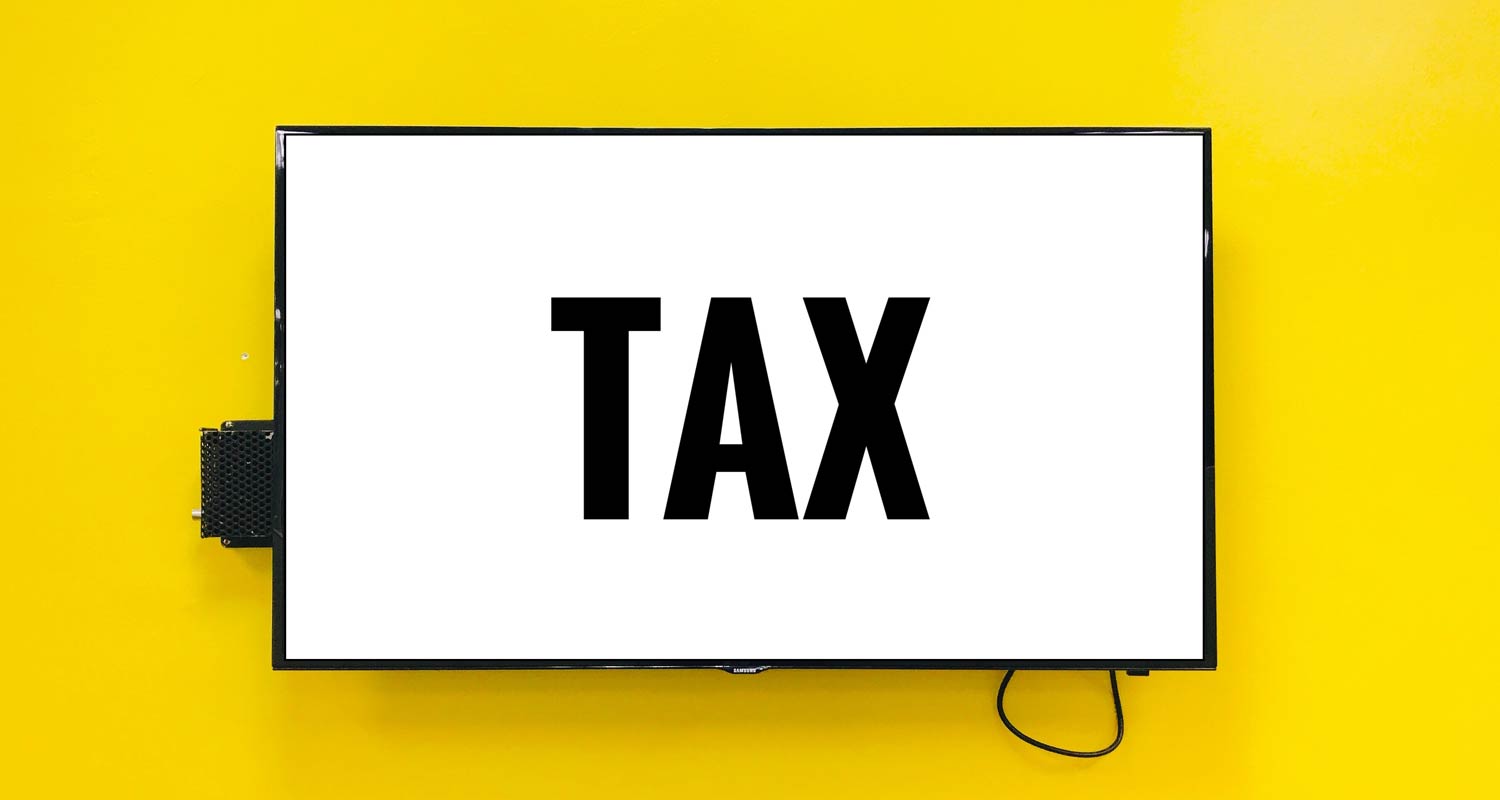Tax collections are expected to remain buoyant in the medium term, with the South African Revenue Service working on eight “generation projects”, including the adoption of new technologies and upskilling staff in AI, to improve revenue collection.
Finance minister Enoch Godongwana delivered in his medium-term budget policy statement on Wednesday. By 30 September, Sars had collected a net revenue of R924.7-billion, drawn from gross collections of R1.158-trillion and refund payments of R232.9-billion.
Read: Sars turning to AI to collect more tax
This marks year-on-year growth of R78.6-billion and an overall surplus of R18-billion against the printed estimates. Nearly 50% of the better-than-estimated performance came from compliance efforts.
Sars commissioner Edward Kieswetter said in a statement that a promising trajectory is expected for the second half of the financial year.
He said Sars is implementing Tax Administration 3.0, a modernisation strategy focused on developing a smart, digitally integrated platform. It is powered by advanced data science and includes upskilling employees and establishing a digital identity system to improve the integrity and ease of authentication.
Sars is creating a comprehensive taxpayer account portal, allowing employees to better serve taxpayers, and modernising a case management platform that is more intelligent and embedded with artificial intelligence.
Real-time risk profiling
Kieswetter said Sars is embedding an entity-based compliance model into the platform. This will drive a shift from a reactive, declaration-based risk profiling towards real-time proactive risk profiling. It is also building an instant payment system – in partnership with the Reserve Bank – to increase payment integrity through greater financial inclusion and reducing cash utilisation.
He said the service is modernising the end-to-end administration of VAT and the physical and technological customs and excise administration infrastructure.
Read: ‘Advanced’ data analytics, AI to help Sars reach ‘tougher’ collections target
In addition to tightening compliance, the technologies aim to disrupt the illicit economy that continues to thrive in South Africa. In 1994, the illegal economy was estimated to account for around 4% of the country’s GDP. Kieswetter said that this figure is reported by various studies to have grown to 10-15% of GDP in 2024.
“This is an unacceptably high level in our national economy and must be met with swift and determined efforts to reverse its impact. The illicit activities in tobacco and cigarettes, alcohol, fuel and fuel adulteration, counterfeiting, illegal mining, and the smuggling of gold and other minerals are a stark expression of this phenomenon.
 “Sars will continue to work to eliminate valuation fraud and identify unexplained wealth while integrating the informal economy into the broader tax framework,” the statement said.
“Sars will continue to work to eliminate valuation fraud and identify unexplained wealth while integrating the informal economy into the broader tax framework,” the statement said.
Sars has been allocated an additional R7.5-billion over the medium-term expenditure framework. – © 2025 NewsCentral Media
Get breaking news from TechCentral on WhatsApp. Sign up here.



